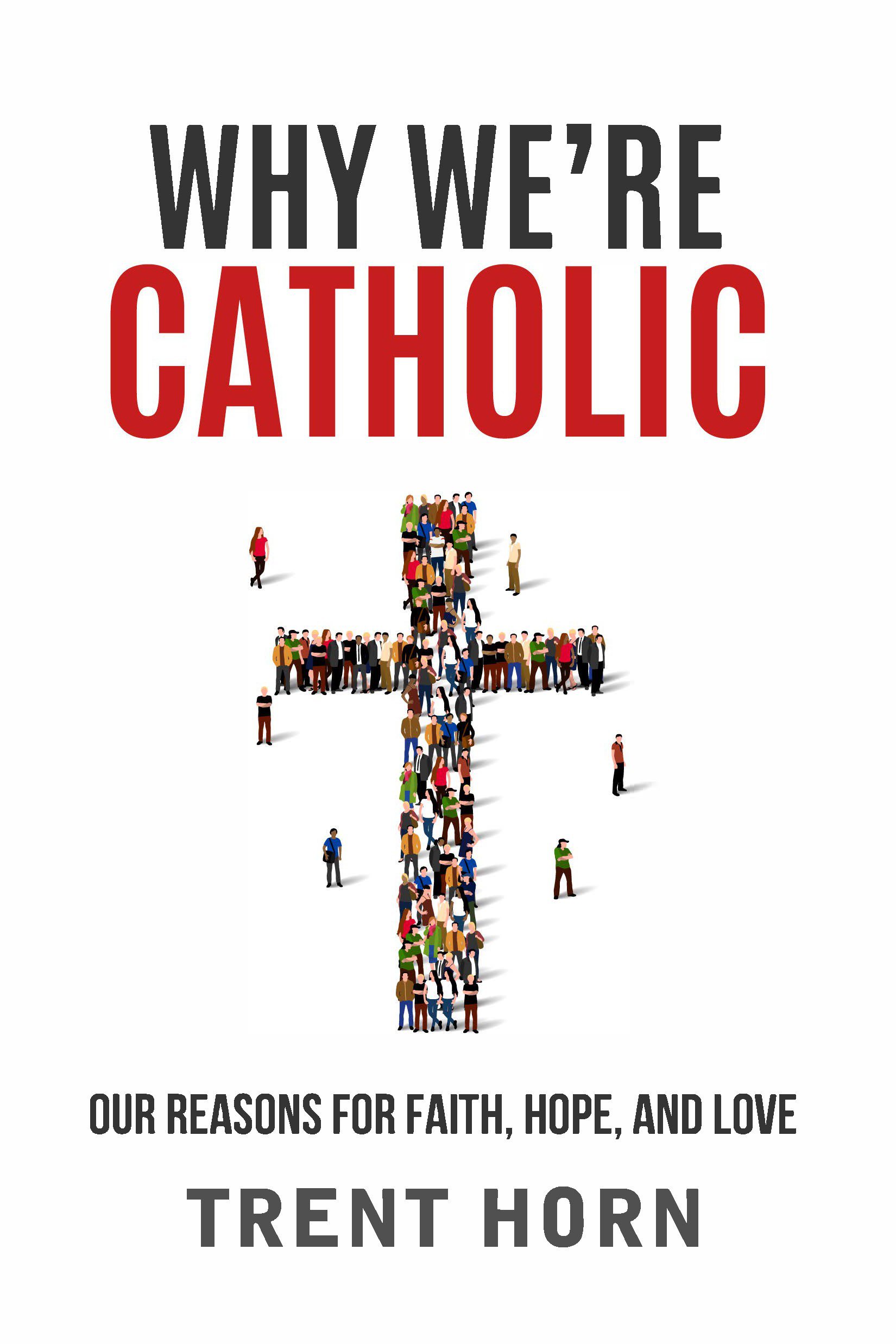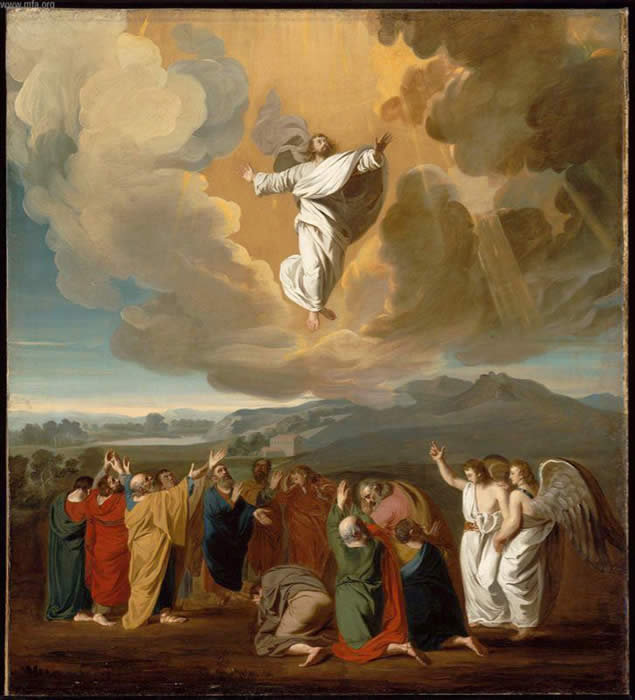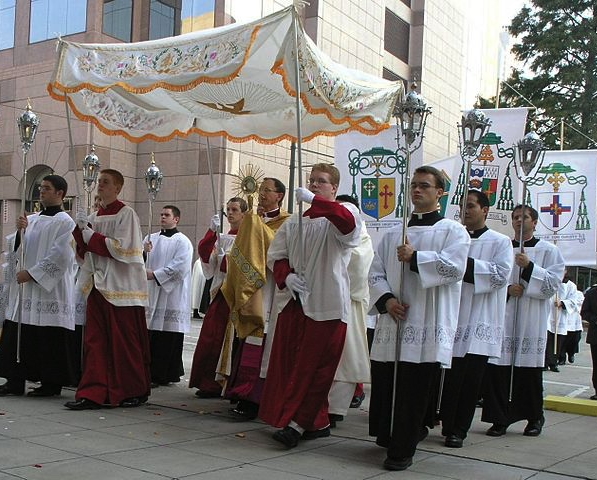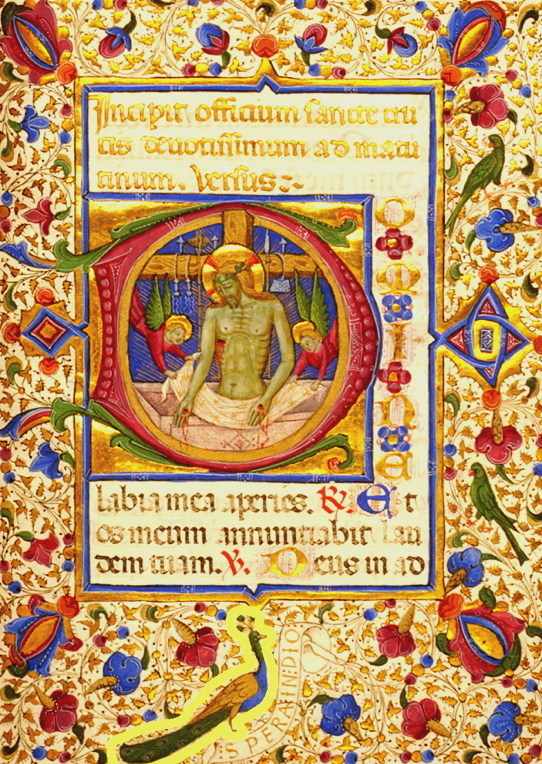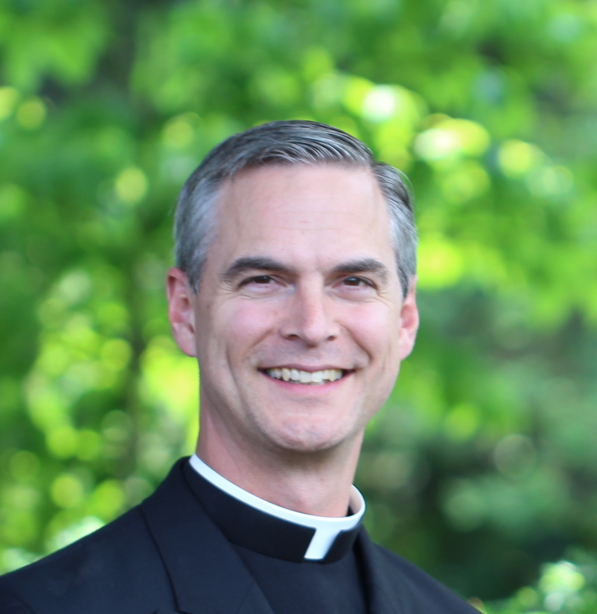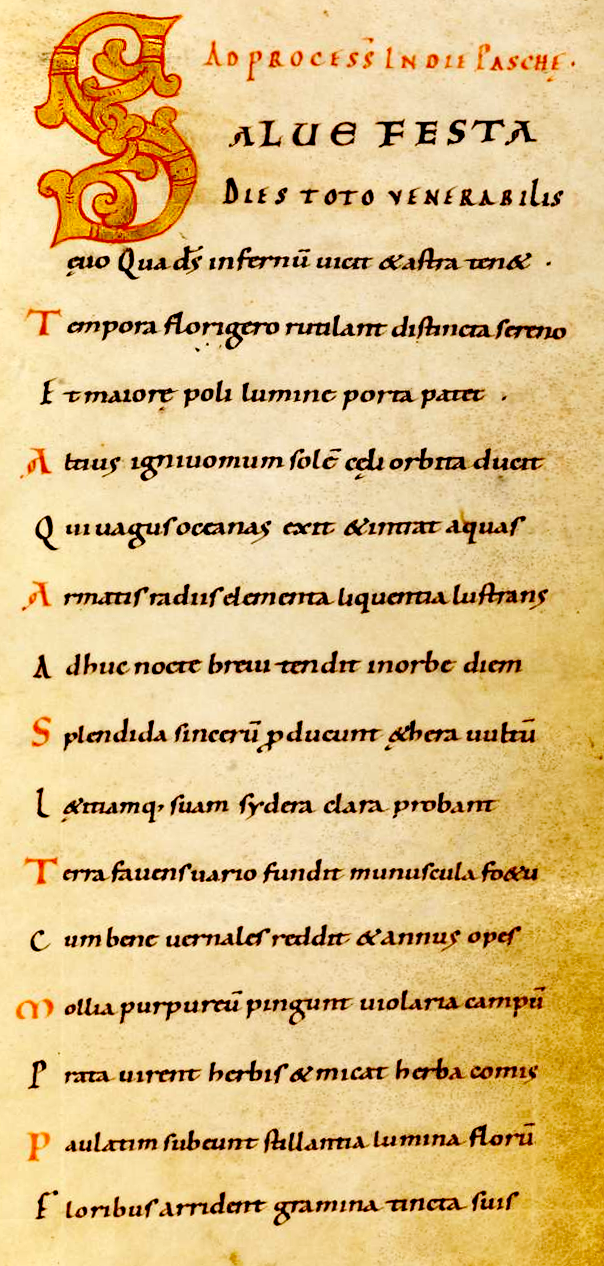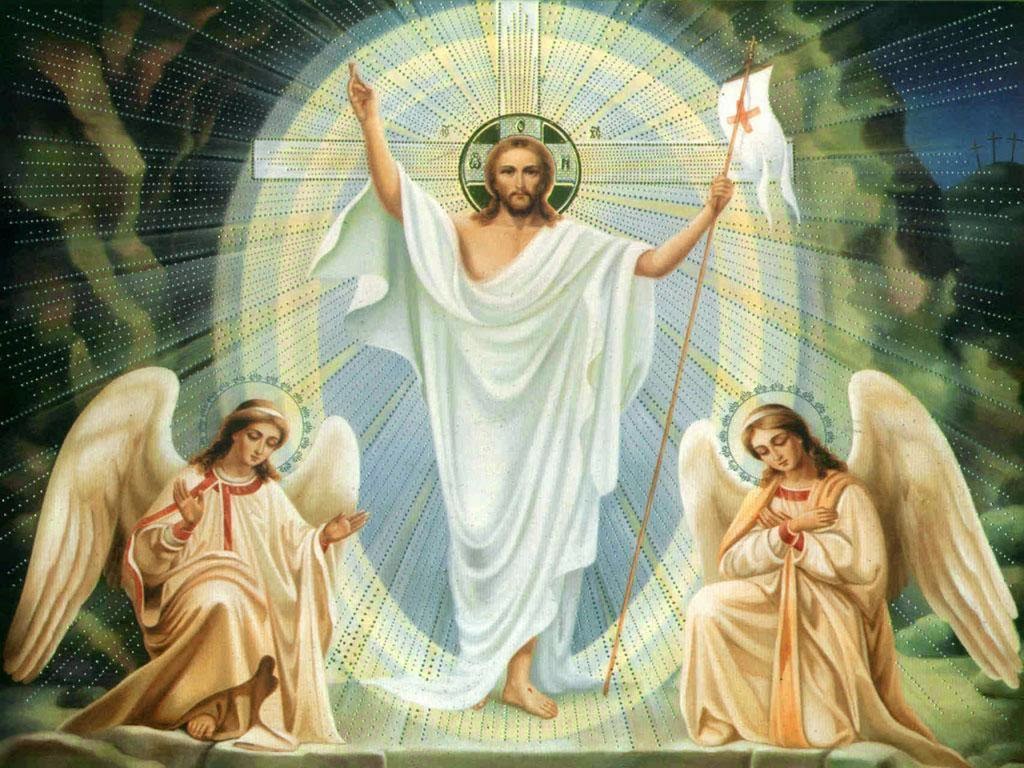A few years ago some friends of ours bought a homemade donut machine. You just poured batter into it and in one minute a bunch mini-doughnuts rolled off its little conveyor belt. When they told their five-year-old son about it his eyes lit up and he exclaimed, “That’s amazing! Now we don’t have to go Church anymore!”
Like this little boy, some people go to church for the “donuts.” They might be literal donuts, but usually the “donuts” are some other nonreligious reason that gets them up earlier than usual on Sunday. They may feel the need to please a family member or spouse. Or they might go because that’s just what their family always did. As they get older they might only keep that tradition going for major holidays like Easter and Christmas. But for many people, the “donuts” stop being worth it and they no longer go to Church. They might say:
- “Catholic services are boring. I don’t feel like I’m getting anything out of it.”
- “They’re always asking for money.”
- “The music is dreadful and the homily is even worse.”
When people ask me why I go to church every Sunday I tell them it’s because no matter how boring the homily, no matter how terrible the music, no matter what else is happening, the bread and wine on the altar at every Catholic Mass becomes the body and blood of our savior Jesus Christ. I go because that bread and wine don’t just symbolize Jesus; they actually become His body, blood, soul, and divinity. Jesus is there, not just every Sunday, but every day, ready to be received by the faithful so they can have eternal life.
The New Passover
The first time I visited a Catholic Church, the person who invited me explained that the services are called “Mass” because the name comes from the Latin word misa, which means “to send forth.” Catholics attend Mass so they can be equipped and “sent forth” to share the Gospel with the entire world. When that friend told me about the “sacrifice of the Mass,” however, I stopped a few feet from the church entrance.
“Sacrifice? You’re not going to kill a goat up there on the altar, are you? Because I’m not sure I’m ready for that.”
He laughed and said that the sacrifice would be the bread and wine brought up to the altar, called the Eucharist, which comes from a Greek word that means “thanksgiving.” The Catechism says, “For in the blessed Eucharist is contained the whole spiritual good of the Church, namely Christ himself, our Pasch” (CCC 1324).
Pasch means Passover and is a reference to an event the Jewish people still celebrate. When they were enslaved in Egypt, God told his people to kill a lamb without blemish so that the angel of death that was sent to punish the Egyptians would “pass over” their homes (Exod. 12:43-51). Christians also have a lamb who was sacrificed so that spiritual death would pass over them: Jesus Christ.
John the Baptist said that Jesus was “the lamb of God who takes away the sins of the world” (John 1:29), and St. Paul said, “Christ, our Paschal Lamb, has been sacrificed” (1 Cor. 5:7). The Passover lamb in the Old Testament had to be a male, without blemish, and his legs could not be broken (Exod. 12:5,46). Christ, our Passover lamb, is male, without sin (Heb. 4:15), and during the Crucifixion his legs were not broken (John 19:33). Finally, the Passover was not complete until the lamb was eaten, and so the “Passover” that Christians still celebrate must be completed in the same way.
Food Indeed, Drink Indeed
Since Jesus did not want us to be cannibals, He gave us His body and blood to consume under the miraculous form of bread and wine. He said:
Truly, truly, I say to you, unless you eat the flesh of the Son of man and drink His blood, you have no life in you; he who eats My flesh and drinks My blood has eternal life, and I will raise him up at the last day. For my flesh is food indeed, and my blood is drink indeed. He who eats My flesh and drinks My blood abides in Me, and I in him. As the living Father sent Me, and I live because of the Father, so he who eats Me will live because of Me. (John 6:53-57).
The original Greek in this passage communicates an even more powerful message than what we read in English. Earlier in John 6, Jesus uses phago, a generic word for eating, but in these verses he switches to trogo, which means “to gnaw or chew.” Likewise, Jesus uses the word sarx, which means the soft, fleshy substance that covers our bones, and not soma, which just means “body.” Jesus’ word choice, as rendered in the Greek, shows that he is talking about real, physical chewing and eating of his very flesh.
My flesh is food indeed, and my blood is drink indeed—John 6:55
After His Resurrection Jesus appeared to two of His followers on a road to the city of Emmaus. He hid His identity from them until after He blessed and broke bread for them to eat. Jesus made it clear that after His Resurrection all of His disciples would not see Him in a human form, but that He would instead be “known to them in the breaking of the bread” (Luke 24:35).
When I told one of my non-Catholic friends that I went to Mass he scoffed. “Don’t you think it’s weird that Catholics believe they’re eating Jesus’ actual flesh and blood?” I then showed him John 6:53-57 and asked him what he thought Jesus meant when He said, “He who eats my flesh and drinks my blood has eternal life.” My friend read the passage, closed the Bible, and while shrugging his shoulders said, “It’s just a metaphor.”
But that explanation didn’t sit well with me.”
Love & prayers. Pray for me & mine, please.
Matthew

